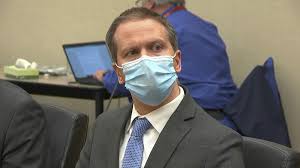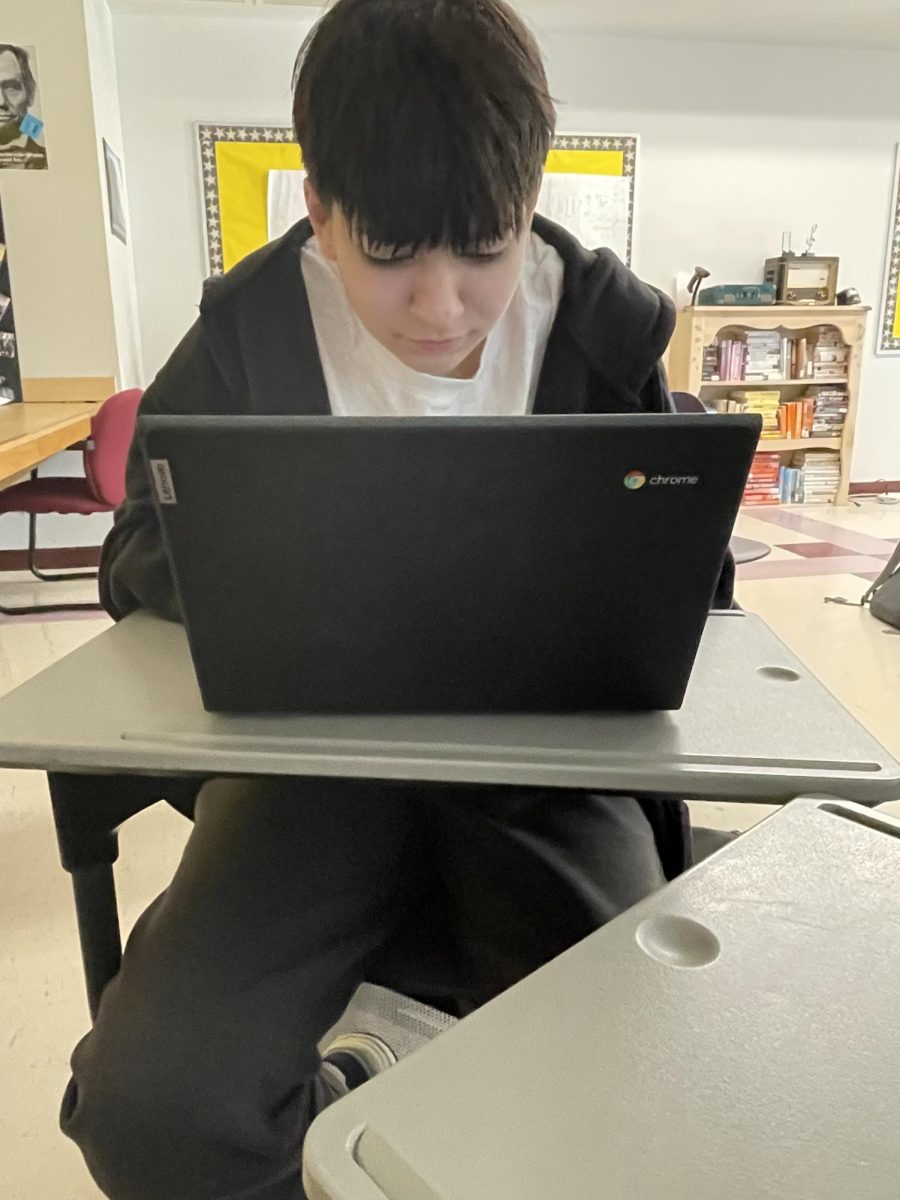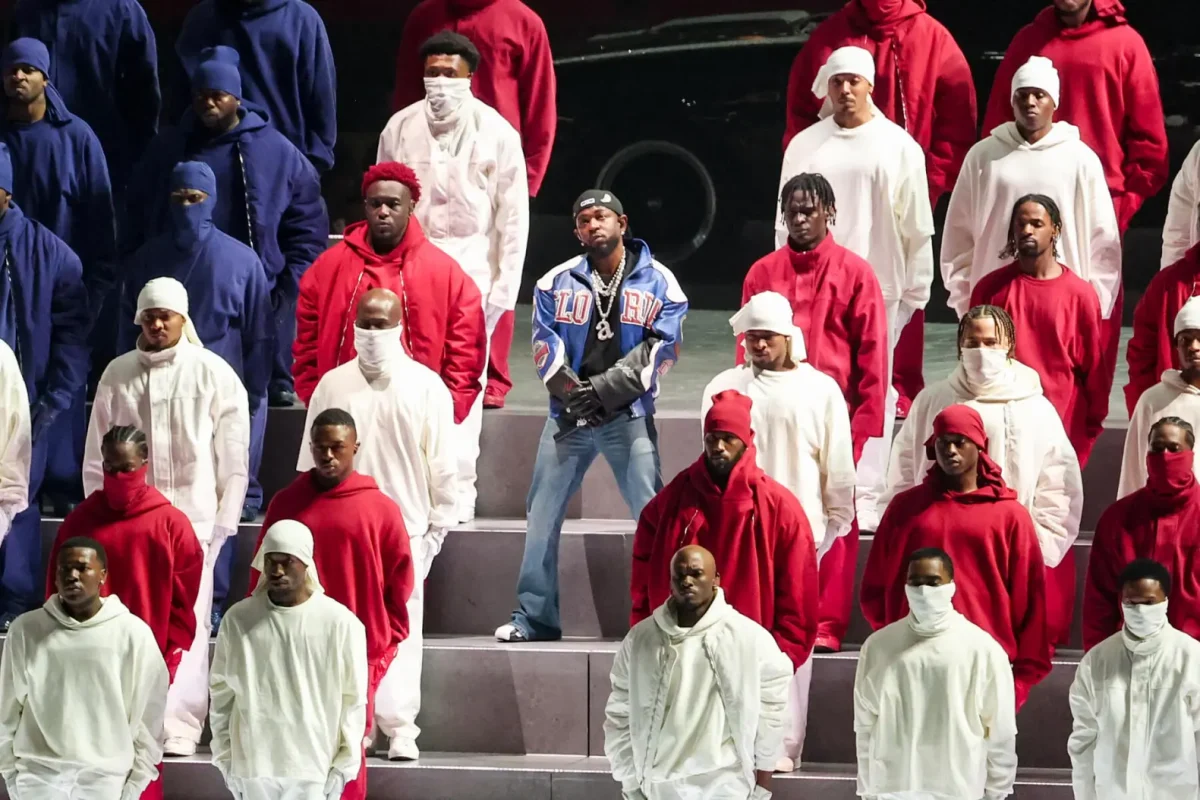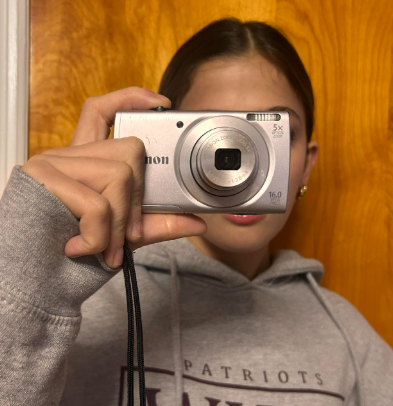Derek Chauvin found Guilty on all 3 Charges in George Floyd’s Death

April 22, 2021
A verdict has finally been reached in the trial of former Minneapolis Police Officer Derik Chauvin for the death of George Floyd, finding him guilty of unintentional second-degree murder, second-degree manslaughter, and third-degree murder.
After months of racial justice protests following George Floyd’s death, Chauvin’s murder trial has been one of the most highly anticipated court cases in recent history. It unfolded over the span of three weeks, beginning on March 29 with opening statements from both the defense and prosecution. From just these initial testimonies, the legal strategies of both sides were revealed, sparking controversy across the country.
Protestors gathered outside of the heavily secured Hennepin County Government Center, where the trial was being held, calling for a guilty verdict. As the deliberations took place, the crowds outside grew in number, and after the verdict was finally announced on Tuesday, celebratory cheers could be heard from outside the courtroom.
The civil unrest in Minnesota has been further intensified by other instances of police brutality and racial injustice recently coming to light, including the cases of Daunte Wright, Caron Nazario, and Adam Toledo. Demonstrations for Daunte Wright’s death this week broke out in Brooklyn Center, Minnesota, only ten miles away from the Chauvin trial’s location.
Throughout the trial itself, the prosecution urged jurors to focus on the 9 minute and 30 second video of Floyd repeatedly shouting “I can’t breathe” as Chauvin pinned him to the pavement with a knee to his neck. In the footage, Chauvin is seen violating police policy by not only forcing Floyd into the deathly position but not providing immediate medical aid once he became unresponsive.
Over the course of 11 days, they called 38 people to testify, including many eyewitnesses who delivered emotional descriptions of the scene they encountered on May 25, 2020.
Darnella Frasier, the 17-year-old who filmed the video, was one of the witnesses who testified, telling the courtroom, “It seemed like [Floyd] knew it was over for him… he was terrified”.
Floyd’s girlfriend of nearly three years, Courtney Ross, was also brought to the stand, providing a glimpse into both his personal life and drug addiction. After tearfully describing different aspects of their relationship like how the pair met and their first kiss, Ross admitted that they both struggled with opioid addiction.
This comment about Floyd’s drug use contributed to one of the primary points of debate in this case: what was his cause of death? While the prosecution maintained that his death was caused wholly by the lack of oxygen imposed by Chauvin’s excessive force, the defense argued that there were other contributing factors like drug use and an underlying heart condition.
The prosecution relied on several medical experts to help prove their point, including Dr. Tobin, an accredited pulmonologist who asserted that Floyd’s death was caused by asphyxia from the officer’s assault that lasted for more than nine minutes. Dr. Smock, a surgeon for the Louisville Metro Police Department, also argued that although traces of fentanyl and methamphetamine were found in Floyd’s system, his behavior did not show any signs of an overdose and his death was due to oxygen deficiency.
After Chauvin invoked his constitutional right against self-incrimination and the defense began their argument, Dr. Fowler was brought in to dispute the claims of the prosecution’s medical experts. The former chief medical examiner of Maryland argued that Chauvin’s knee and use of force were not life-threatening, and he died due to drug use and existing heart problems.
Barry Brodd, a use-of-force expert, also testified in Chauvin’s defense, insisting that his use of force was within police policy and justified given the circumstances. After the prosecution further questioned him on this point, he eventually agreed that the level of restraint used by an officer should depend on the level of resistance. In this case, Chauvin remained on top of George Floyd for minutes even after he became unresponsive.
Two days of testimony and seven witnesses later, the defense rested its case last Thursday. After the closing statements and deliberation took place, the verdict was decided this Tuesday, April 20, finding Chauvin guilty of all charges.
Many students here at WHHS have been keeping up with the trial and sharing their reactions to the jury’s decision.
“I feel that this is the beginning of long-awaited accountability of law enforcement’s actions,” said Senior Ashley Blitzer. “This is the first step our country needs to heal from all the injustice people of color have been facing for decades. ”
“I truly believe that this trial is the most defining court case of modern history”, expressed Senior Lydia Balah. “I hope our country can move forward with a greater focus on racial injustice and healing our divisions.”
Now that the verdict has been determined, the country is anticipating Chauvin’s sentencing in about eight weeks as he faces up to 40 years in prison.





